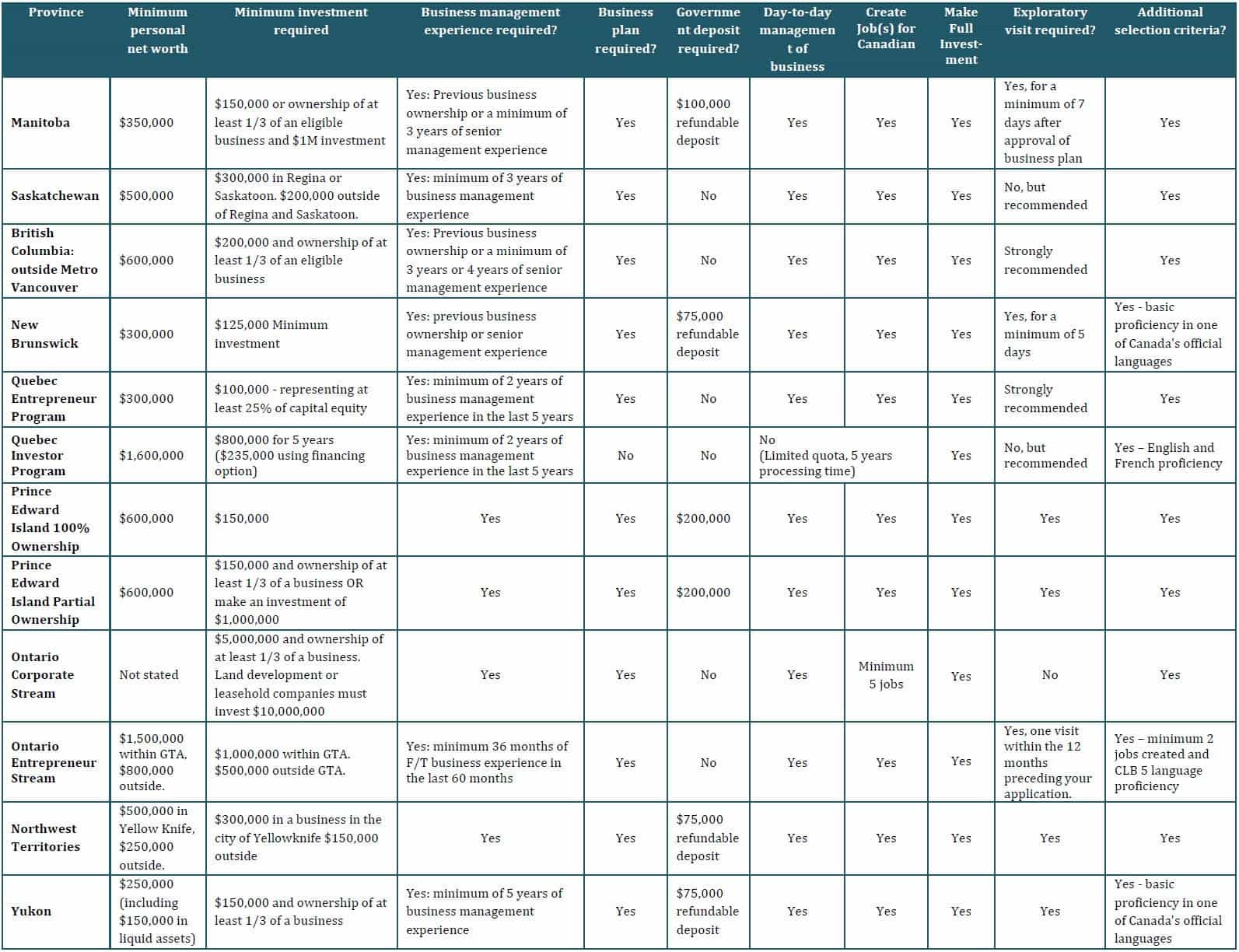IRCC’s new tool shows stark increase in processing times for several application types
Processing times have increased dramatically for citizenship applications, as well as applications for the Atlantic Immigration Program, Start-up Visa Program, and Federal Self-employed Persons Program.
These increases come after an update made earlier this month to the government’s online processing tool, which now provides users more personalized estimates based on their date of application submission for certain types of applications.
Join our immigration newsletter
Be the first to know
Atlantic Immigration Program (AIP)
The AIP shows one of the largest increases among economic pathways.
Application typeCurrent processing time (October 27)Processing time as of October 4Percentage increase in wait time
AIP37 months13 months184.6%
IRCC’s tool also shows 13,100 applications awaiting a decision at the time of writing.
The surge in AIP processing times creates a practical problem for endorsees working in Atlantic provinces on employer-specific work permits issued to AIP applicants.
AIP applicant work permits are typically valid only for up to two years. Unlike applicants for many other permanent residence pathways, AIP applicants are not eligible to apply for Bridging Open Work Permits (BOWPs). Give the current three-year processing time, many AIP applicants could be at risk of losing their work authorization if their AIP work permits expire before their permanent residence applications have been processed.
New Brunswick has announced a temporary measure to provide work permits to candidates affected by longer AIP wait times. It remains to be seen whether other provinces will follow suit.
The AIP is an employer-driven immigration program. To qualify, a foreign national must have a job offer from a designated employer in an Atlantic province, and the province must endorse the job offer.
Start-Up Visa (SUV)
Application typeCurrent processing time (October 27)Processing time as of October 4Percentage increase in wait time
Start-Up VisaMore than 10 years53 months126.4%*
Canada’s Start-Up Visa grants permanent residence to entrepreneurs who receive support from a designated organization. Many founders arrive first on a work permit tied to their designated organization while PR is processed.
* A 126.4% increase comes from calculating exactly 10 years as the current processing time, not “more than 10 years.” This percentage might be much higher.
Federal Self-Employed Persons
Application typeCurrent processing time (October 27)Processing time as of October 4Percentage increase in wait time
Federal Self Employed PersonsMore than 10 years61 months96.72%*
This permanent residence program targets applicants with relevant experience in cultural activities or athletics who can make a significant contribution to Canada. The program was paused in 2024 and is expected to remain paused until 2027.
* Note: A 96% increase comes from calculating exactly 10 years as the current processing time, not “more than 10 years.” This percentage can be much higher.
Other notable changes
Citizenship grants: steady increases through 2025
The processing time for citizenship applications has increased by 6 months over the course of 2025 – an increase of 85.7% since January.
MonthProcessing
January7 months
February8 months
March9 months
April8 months
May10 months
June10 months
July10 months
August10 months
September11 months
October (current)13 months
Humanitarian and refugee cases: sharp jump in 2025
Canada’s processing times for protected persons and Convention refugees (outside Quebec) have surged in 2025.
According to IRCC’s new processing time tool, those who applied in January would have a wait time of approximately 73 months (or 6 years, 1 month).
The current processing time, as of time of writing, is 99 months (or 8 years, 3 months). That is a jump of 26 months — a 35.6% increase in less than a year.
The processing time for humanitarian and compassionate cases both inside and outside Quebec has also increased to over 10 years.















